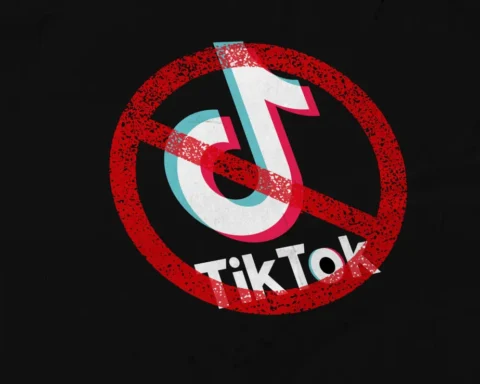[ad_1]
Talent, especially at senior levels, from other sectors are reluctant to join startups that are hiring, say recruiters. Many of those who moved to startups from traditional sectors at eye popping hikes at the height of the startup boom are now eager to return even taking upto 20-30% pay cuts.
Elevate Your Tech Prowess with High-Value Skill Courses
| Offering College | Course | Website |
|---|---|---|
| Indian School of Business | ISB Professional Certificate in Product Management | Visit |
| IIT Delhi | IITD Certificate Programme in Data Science & Machine Learning | Visit |
| IIM Lucknow | IIML Executive Programme in FinTech, Banking & Applied Risk Management | Visit |
“This is the fourth downcycle we are seeing since 2012; but never has it lasted this long. Things look bleak even for the next 2-3 quarters,” says Anuj Roy, managing partner of Fidius Advisory.
The executive search firm has been tapping consumer sector candidates for a CMO search it is running for a profitable Series D company backed by two prominent investors. But Roy says only one in every 10 candidates is now willing to even take the conversation ahead, compared to 1 in 3 a year ago.
“Even those who are talking are doing due diligence like never before,” says Roy.
“Troubles at some of these decacorns mean bad news for the startup sector as a whole. It is definitely becoming more difficult to close mandates for CXO roles at startups,” said Anshuman Das – CEO, Longhouse Consulting.
Discover the stories of your interest
People do not want to put their reputations at risk, and that is now becoming the case when working at such companies, says Das. “Working at the senior levels in a company where compliance issues are being seen means you were to some degree aware of it and might have been looking the other way or making the ethically wrong choice. Senior talent is just not willing to take that risk now.”
Flight of talent
It’s not just candidates from troubled startups who are looking for safe havens outside the ecosystem. Even professionals at companies such as Flipkart, Swiggy, PayU that are still hiring – but simultaneously cutting costs and reducing manpower as they pursue profitability in preparation of IPOs – are searching outside if they feel they could be at risk.
Right now, people are more willing to join MNCs and Indian conglomerates rather than startups, even at lower pay as they are considered more stable, said recruiters. GCCs are another popular choice.
“The ecosystem’s image has taken a beating. We are seeing mid-level talent still making a beeline for marquee organisations like Google, Amazon, or Microsoft – which have also undertaken layoffs – but they are much more wary of startups,” said Aditya Narayan Mishra, CEO of CIEL HR Services. “After the number of unicorns India has produced, and the quality of talent in the startup ecosystem – this is not good news.”
GC Jayaprakash, founder director, Accrete Executive Search says that a clear message is going out from many outside the ecosystem: ‘We are not interested’. “Many startup folks want to go to corporations; they don’t want to take a risk. Some are starting up on their own.”
Das says that what is happening now reflects a systemic fault in how investors in India operate. “Earlier investors would step in to convince someone to join a CXO role, but now even that is not an option because so many of them have had their own credibility called into question.”
It’s a cycle
However, most agree that this is a passing phase, and things will go back to normal once funding picks up pace again.
“India is all about innovation – the Digital India mission, Make in India, everything is geared towards entrepreneurship and innovation. What is happening now is a regulatory compliance issue, and I am confident it will be sorted soon. This is not the first time it’s happened, nor will it be the last,” said Monica Agrawal, managing director – financial services, Asia Pacific, Korn Ferry.
[ad_2]










